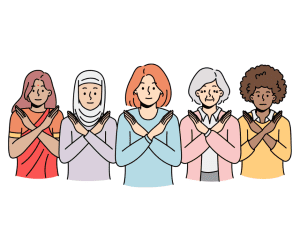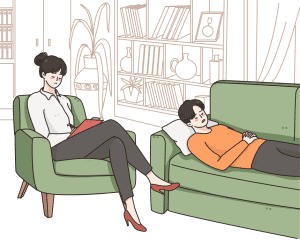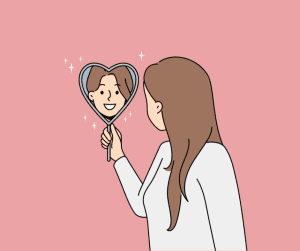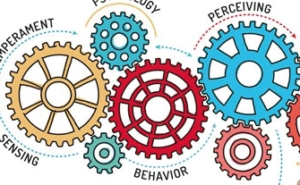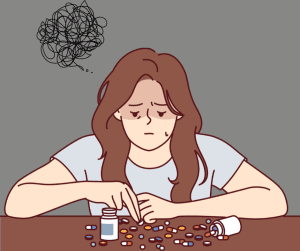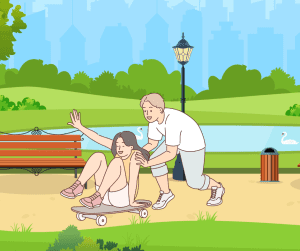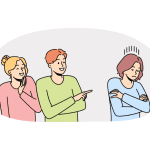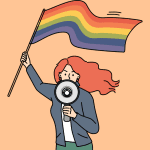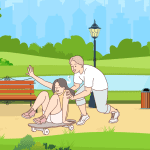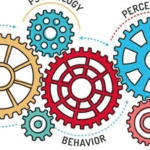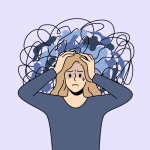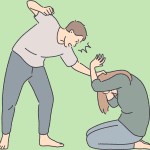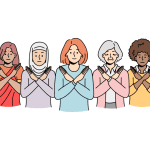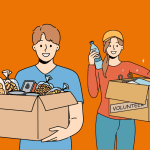As you know, the Internet offers many benefits such as keeping in touch with friends, playing games and watching short videos. However it is important to keep in mind that the use of the Internet also brings with it a set of risks which are similar to what one could face in the real world.
Below you can find some tips on how to stay safe online.
Chatting:
Online chatting is an excellent digital communication tool. Many individuals use it as a less expensive alternative to postal mail and traditional telephony to keep regular contact with family and friends. Unfortunately, there are also individuals who use the same tool to harm others.
The following are some useful tips to bear in mind whilst using online chatting facilities:
⦁ Do not GIVE OUT ANY PERSONAL INFORMATION about yourself, such as your address or the name of school you attend, unless you are absolutely sure of the identity of the person you are speaking to.
⦁ Some people who you meet online may not be who they claim to be. The computer or mobile acts as a screen between you and the person you are talking to, making it very easy for the other person to lie about his/her identity. Do not agree to meet in person anyone you chat to online. Speak to a trusted adult or call our helpline 179 for further advice.
Social Networking:
Social networking sites are another great way to keep in touch with your friends. In order to be able to participate in these sites, you need to create a profile. This profile represents you online and plays a big part in your digital footprint. Do you know who can see you profile? Many social networking sites offer different levels of privacy settings.#
USE THESE SETTINGS WELL!
Adjust your privacy settings so that only your approved friends can view your information. Whatever you add to your profile, whether, comments, likes or pictures, is permanent. It can be shared, copied or printed. Would you let a stranger into your house? Similarly, you should not accept friend requests from strangers online.
Emails:
Emails are a very convenient way of corresponding with others. Junk email, also known as spam, are emails received from people you do not necessarily know and which would have been sent to you without your consent. Some computer viruses are also sent via email!
Do not open emails that are sent to you from people you do not know! Tell a trusted adult if you are unsure of what you should do.
Cyber Bullying:
Cyber bullying is the term used when people use the Internet to send upsetting and harmful messages to others. Bullying of any kind can have a very negative effect on the victim.
Do not fall victim to the bully by replying to negative comments. SAVE ALL OFFENSIVE material, whether they are messages, emails , comments or pictures.
TELL A TRUSTED ADULT You may also contact Kellimni.com or the Helpline on 179 or 179.appogg@gov.mt
Sexting:
The sending of sexually explicit messages or photos, primarily between mobile phones, is commonly known as sexting.
If someone is pressuring you or forcing you to do so, TELL A TRUSTED ADULT to help you manage the situation.
If you posted it onto a social networking site, REMOVE IT AS SOON AS YOU CAN
If need may be, REPORT the other person or site.
The content of this article, including tip sheets and videos, were prepared by Besmart Online
For more information visit the website http://www.besmartonline.org.mt/

or check Besmart online out on Facebook: https://www.facebook.com/saferinternet.mt/?fref=ts
